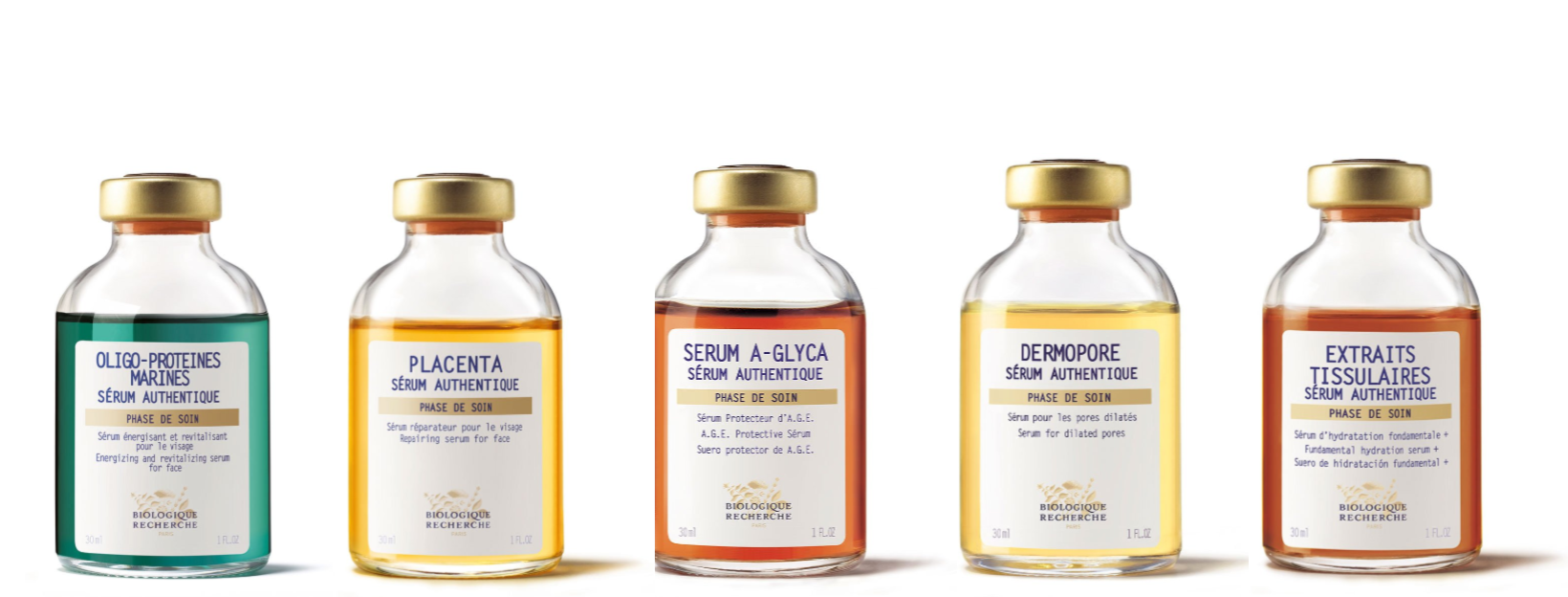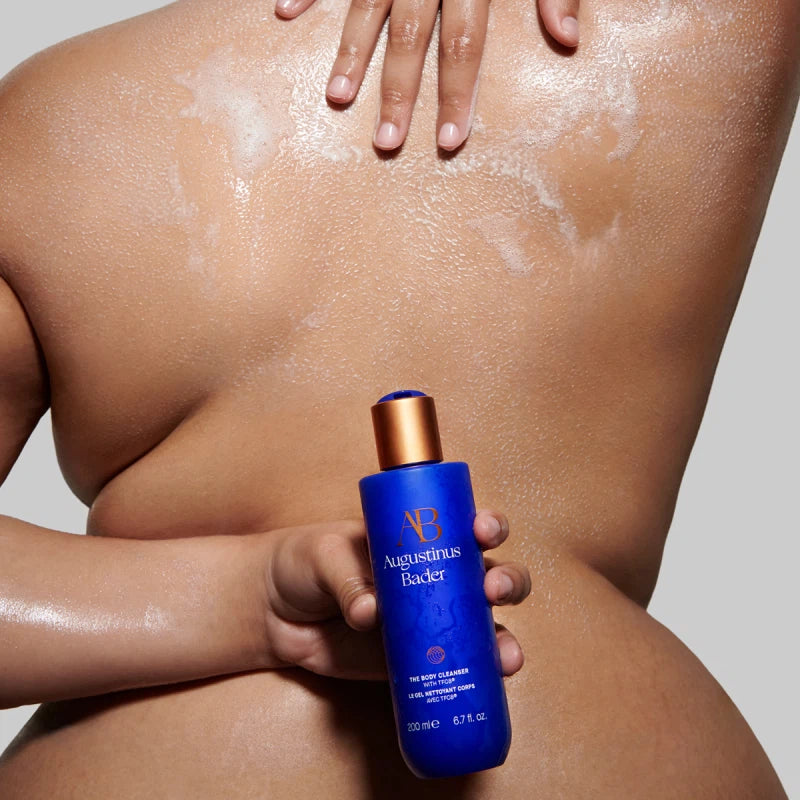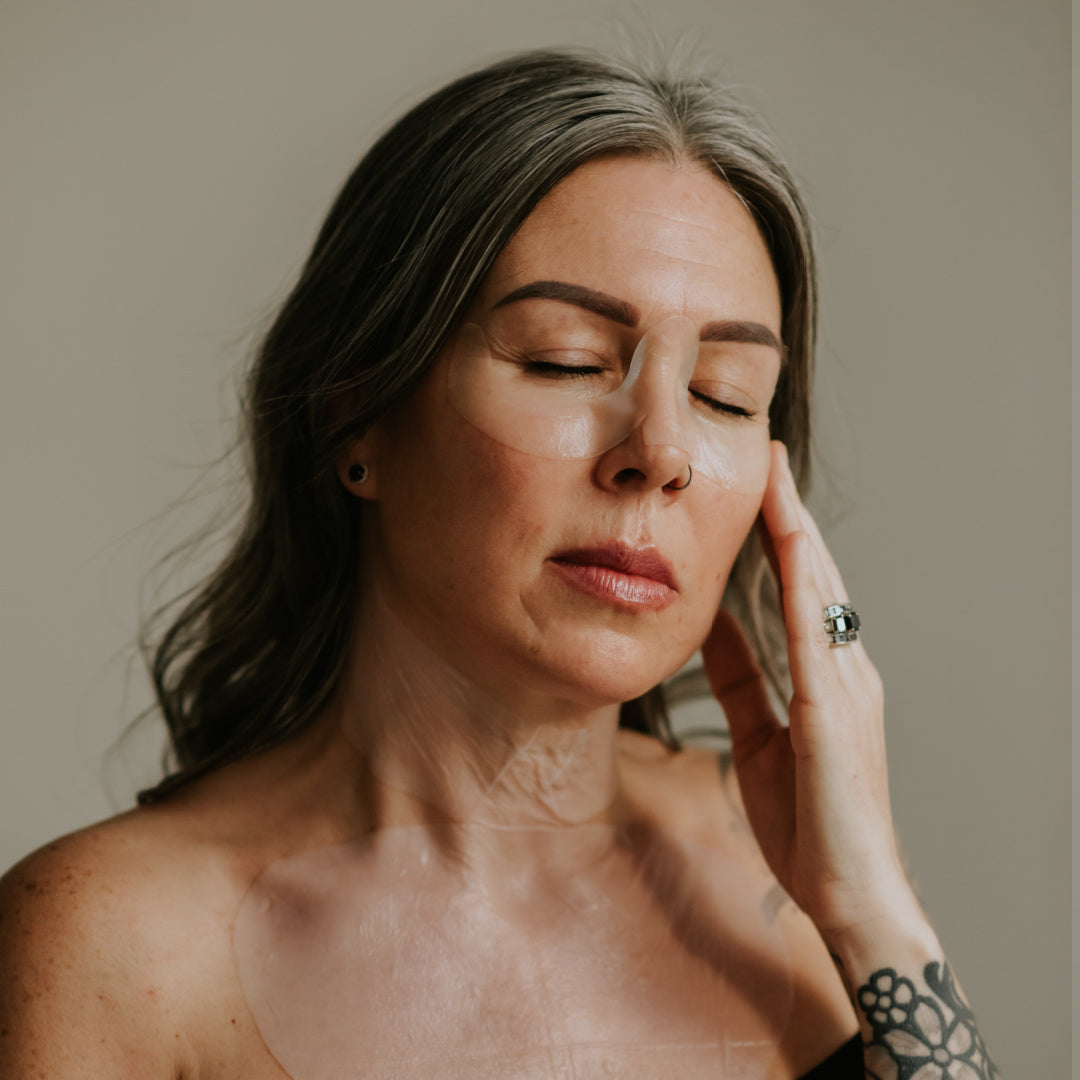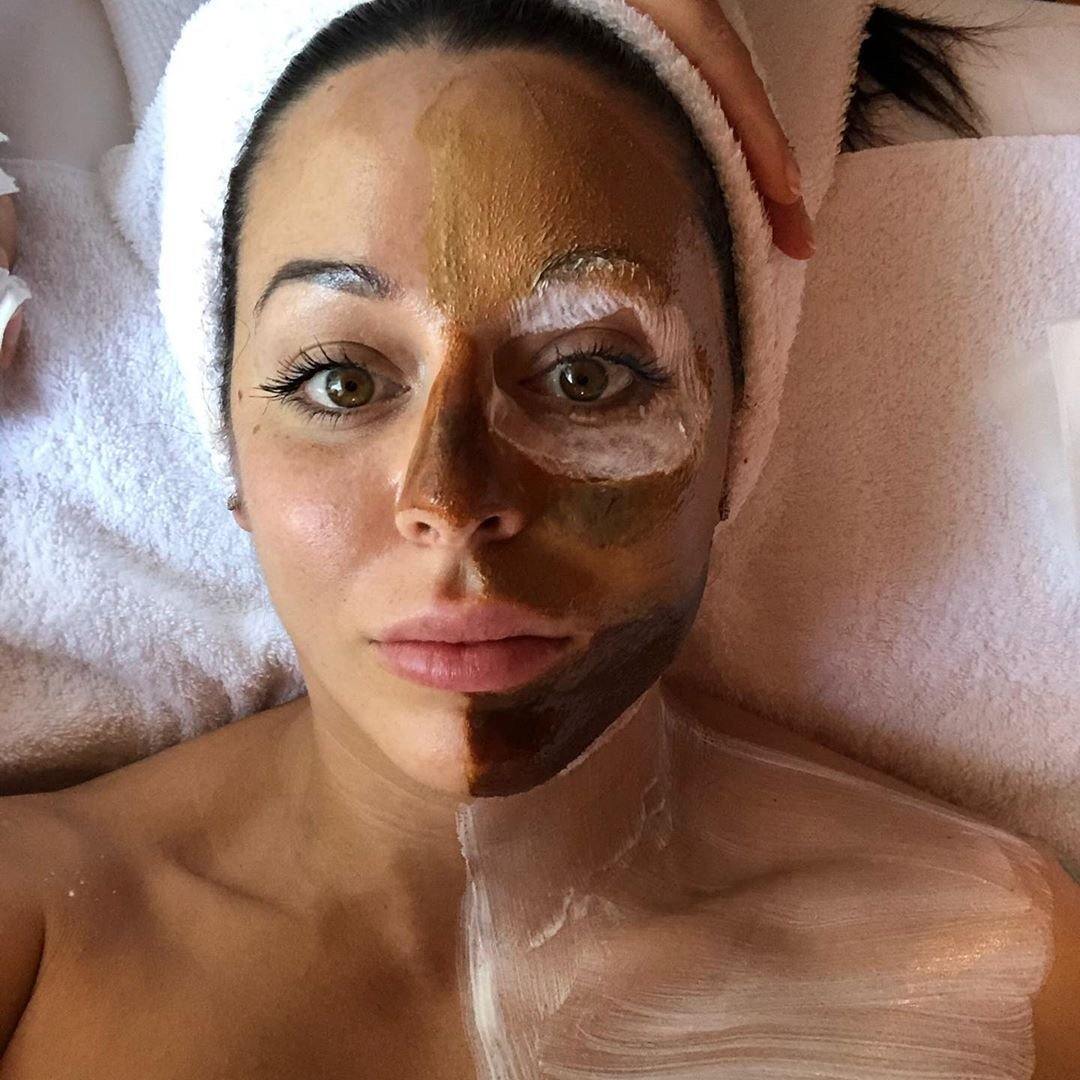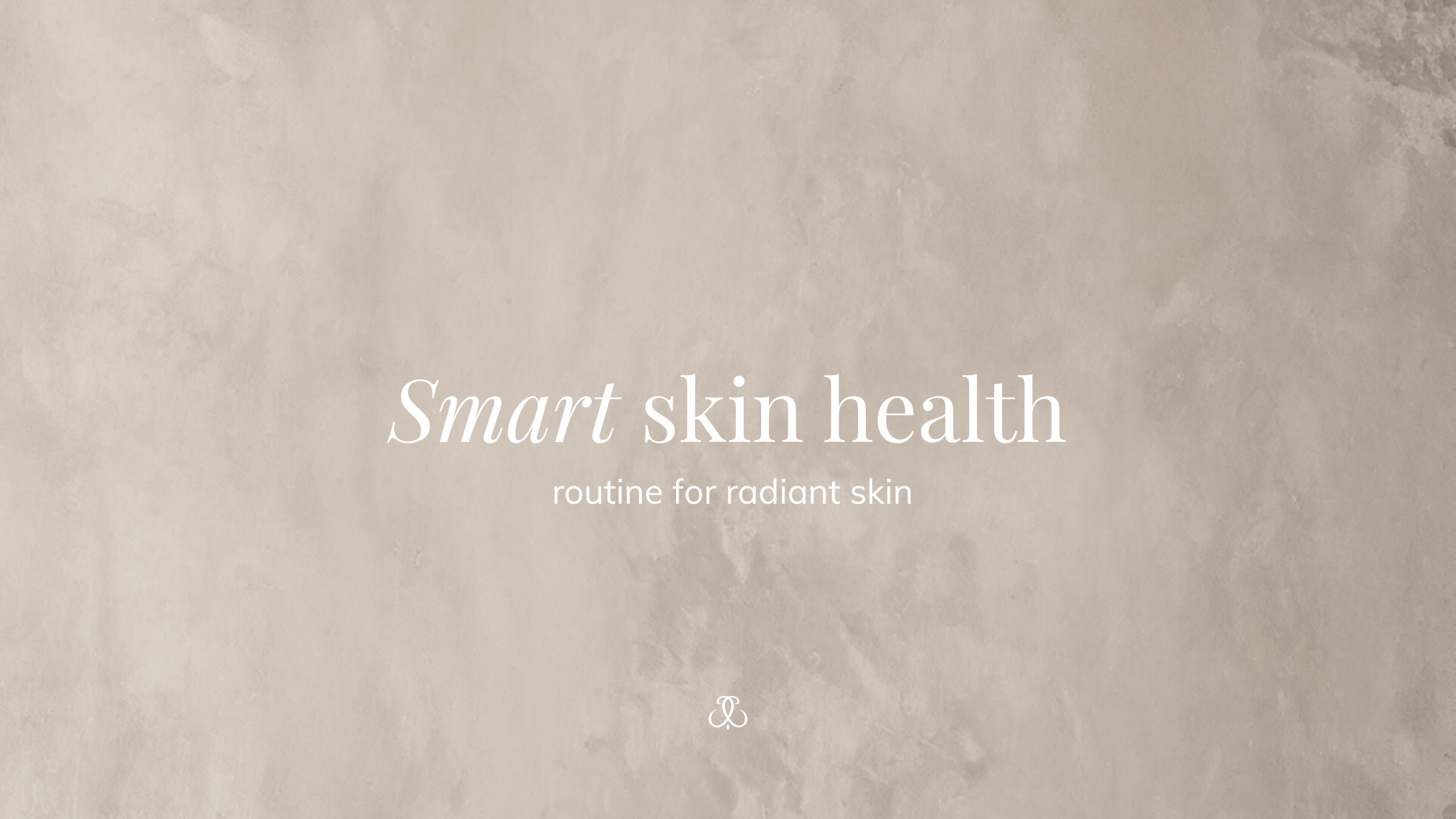
Smart Skin Health Routine for Radiant Skin
This season, Loshen & Crem invites you to simplify your skincare rhythm. Begin with hydration and barrier repair using Daily Dynamic Hydrator, introduce Biophora Rejuvenating Elixir for firmnes...
Read more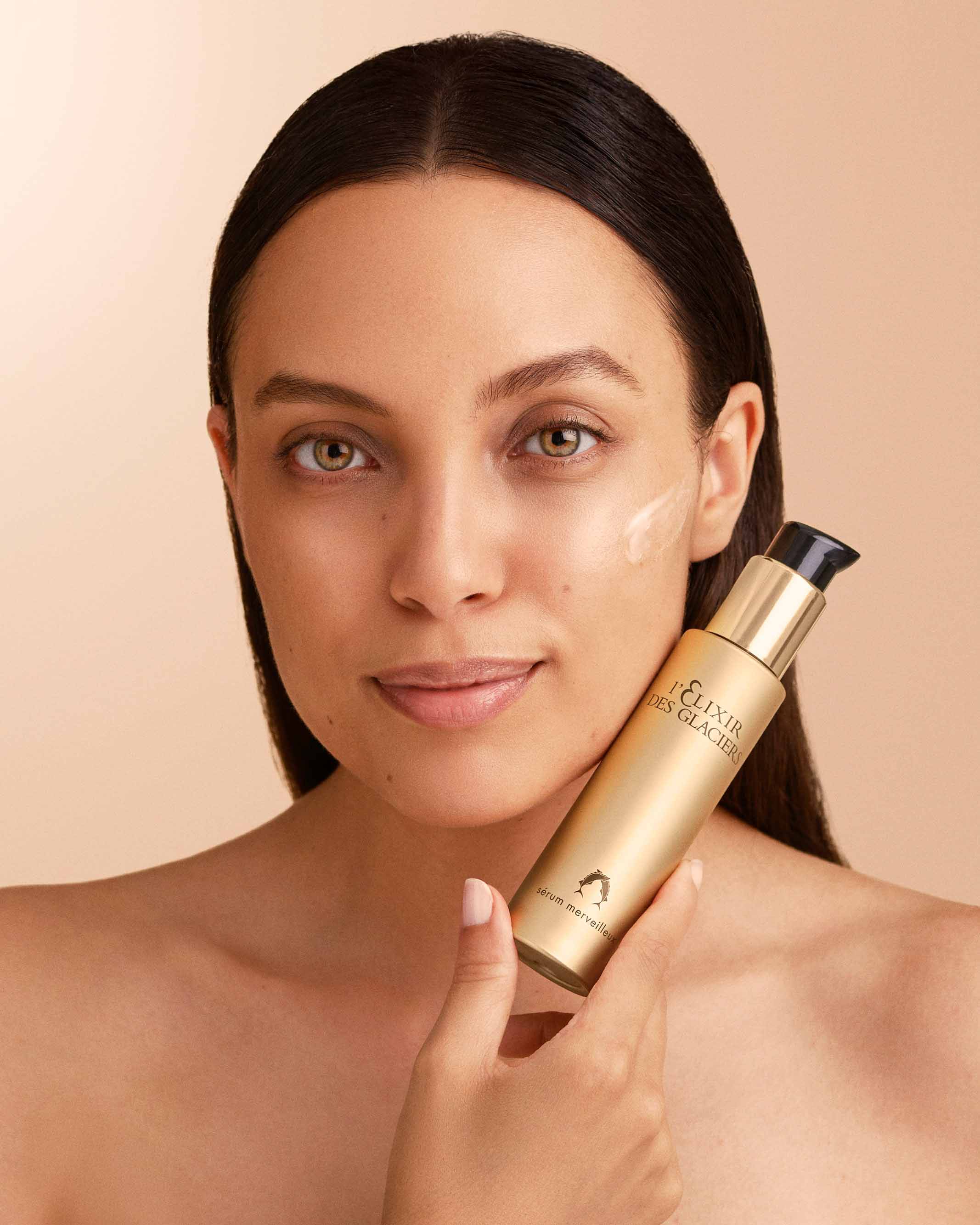
Understanding Skin Aging: The Science Behind Timeless Skin
Aging isn’t an enemy — it’s the quiet evolution of our skin’s story. Over time, cell renewal slows, collagen fibers weaken, and the skin’s natural resilience softens. Yet, with intelligent care and...
Read more
September Skincare Reset: Adapting Your Routine for Cooler Days and Cozy Vibes
September. It’s giving Gilmore Girls, cozy-cup-of-coffee mornings and cable-knit sweaters. As we enter the fluctuating season of adding, shedding, and re-adding layers, it’s absolutely necessary fo...
Read more
BEST LED Therapy - The HOLY GRAIL
It’s the new kid on the block, wrapping the benefits of "anti-aging" creams, acne treatments, and skin resurfacing into one must-have mask.
Read more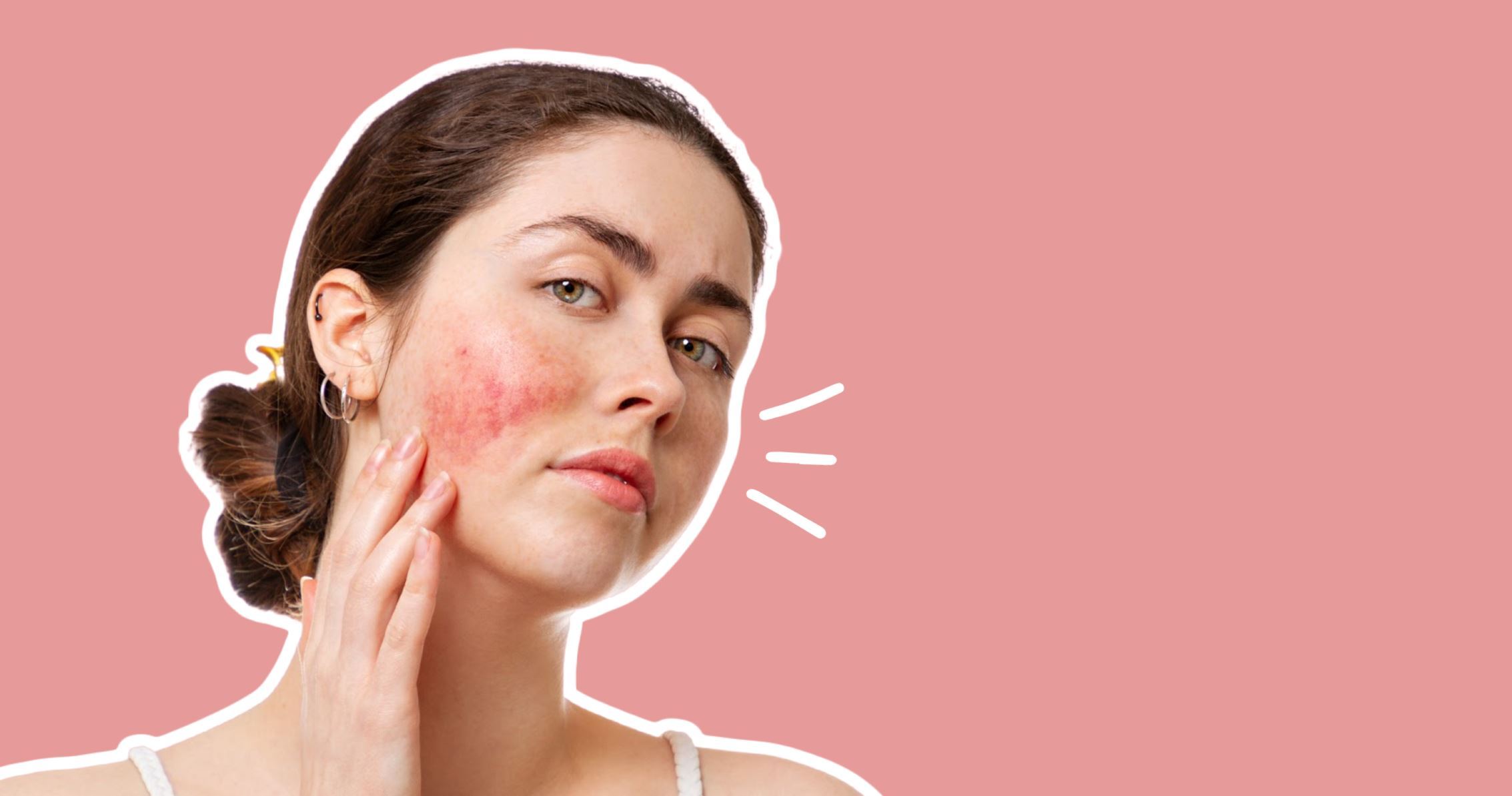
[row · zei · shuh] Is a chronic inflammatory skin condition that causes redness and visible blood vessels on our face. by : SarahM.Cabana
Read more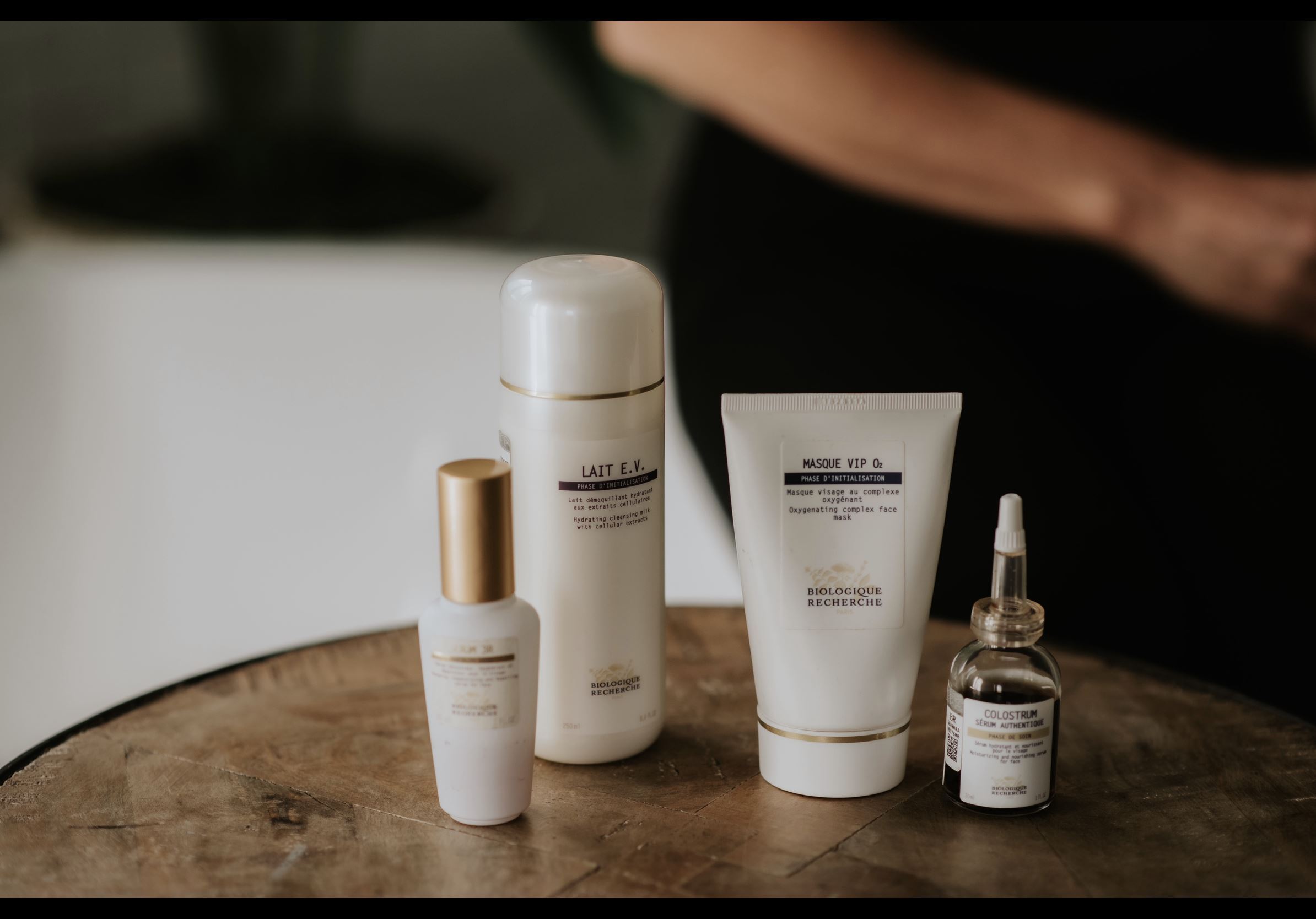
The Best of Biologique Recherche
Biologique Recherche, or BR for short, is one of those holy grail brands that only true skincare enthusiasts both understand and love. This is because their products – aside from being extremely ef...
Read more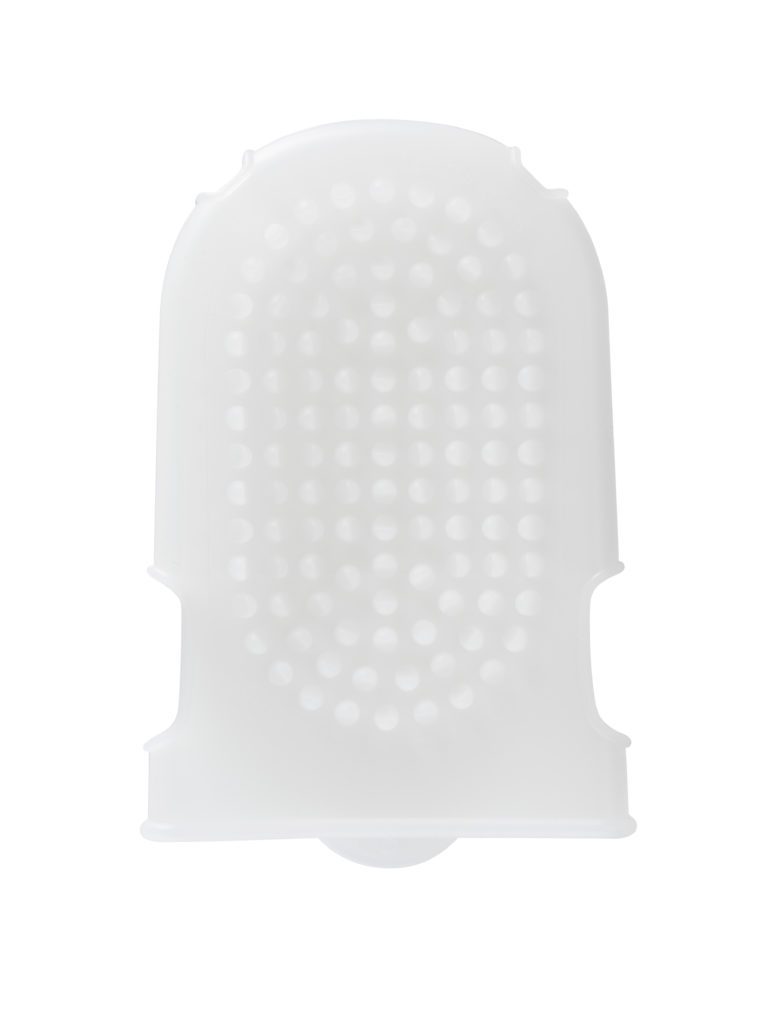
Biologique Recherche vs Cellulite
Biologique Recherche vs Cellulite : The Principle Brands
Read more
6-Step Gym Skincare Routine For Glowing Skin
When you’re at the gym sweating it out, the last thing on your mind is probably your skincare routine. But having a well-established gym skincare routine can help you obtain the glowing complexion ...
Read more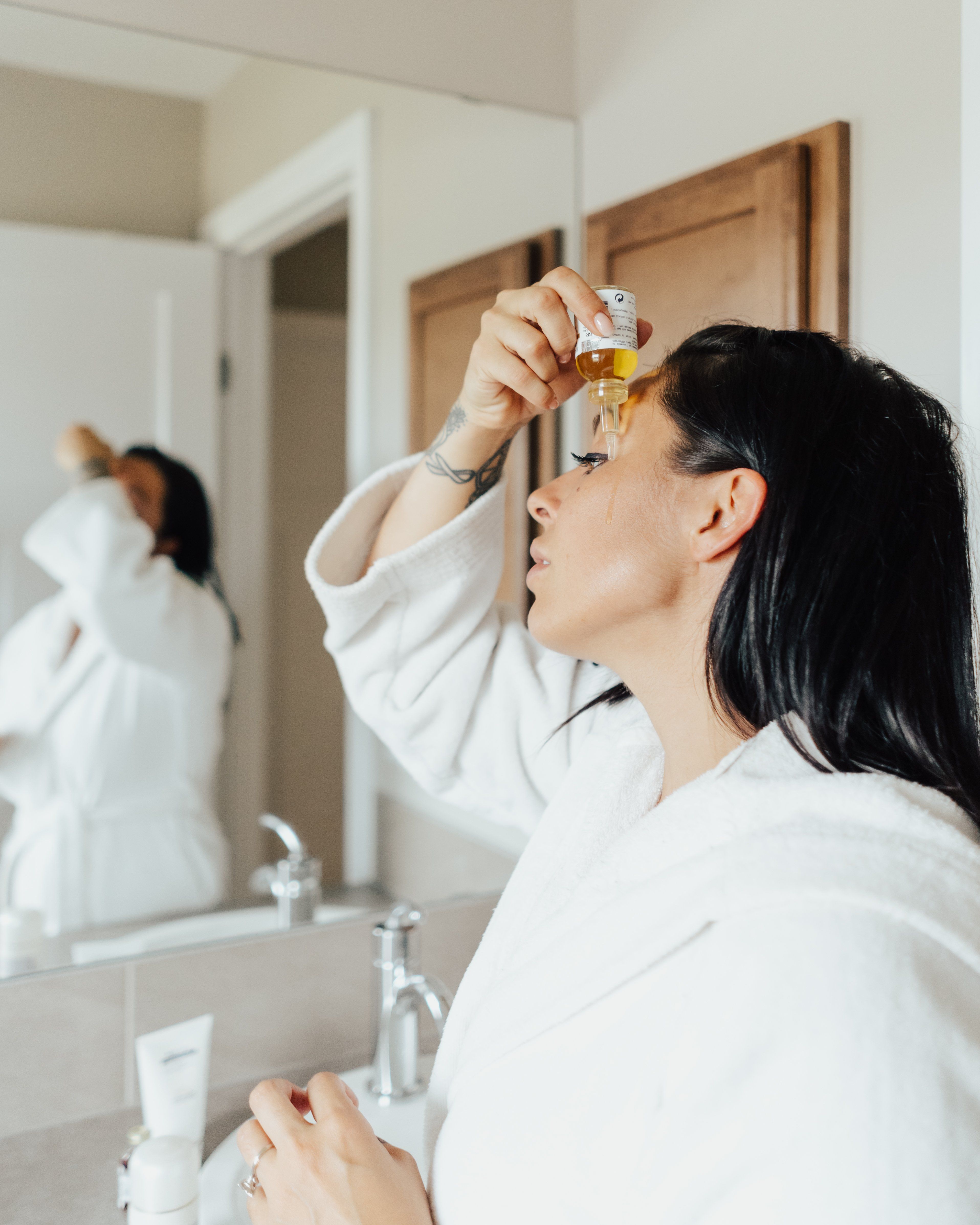
Consistency is THE KEY to healthy skin | Loshen & Crem
The secret of healthy skin : Consistency
Read more



